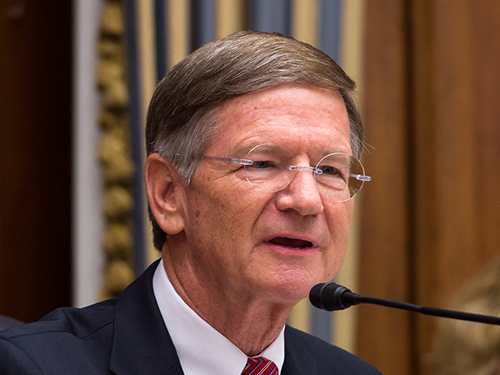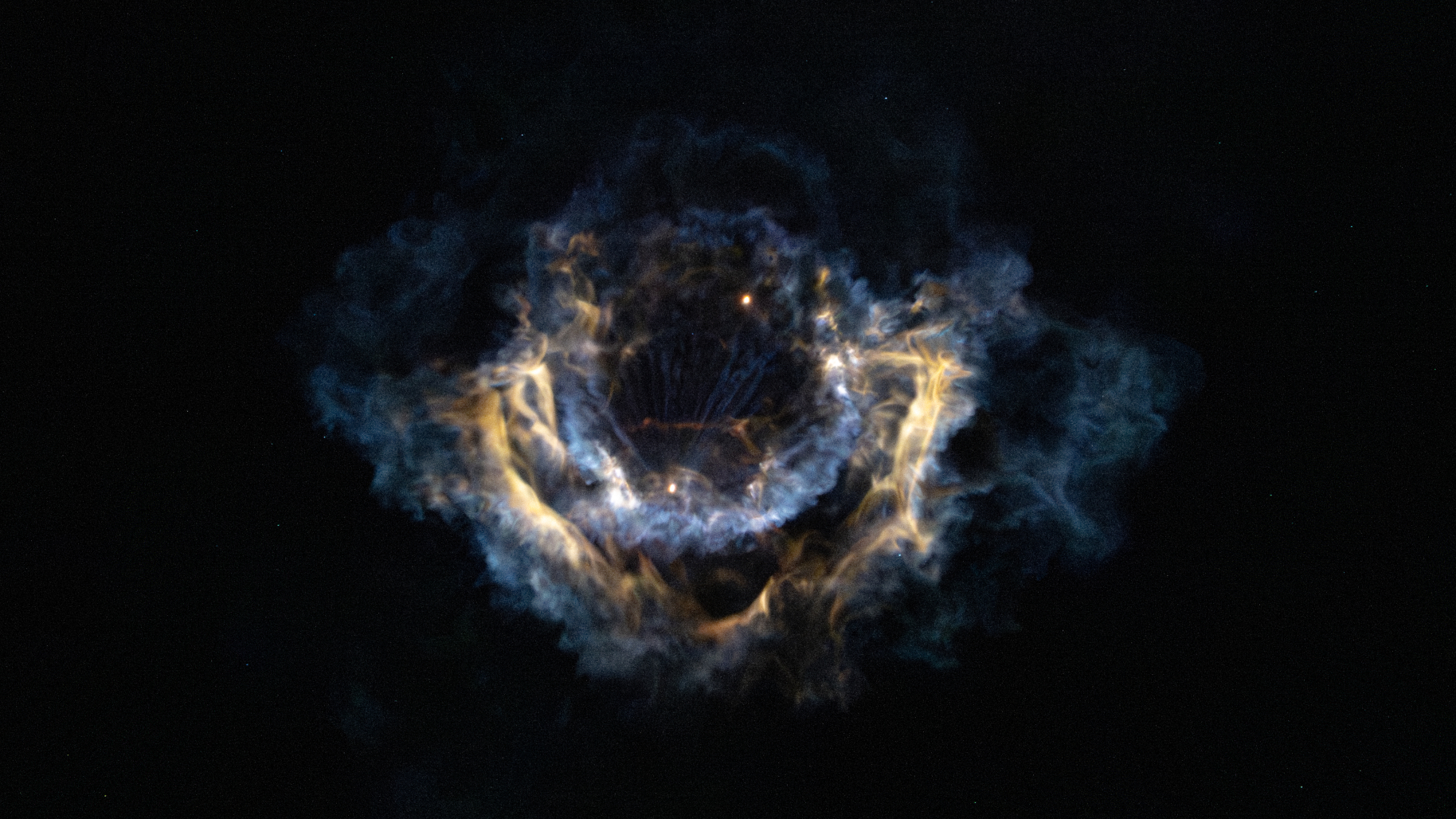House Science Committee Approves Four Commercial Space Bills

Breaking space news, the latest updates on rocket launches, skywatching events and more!
You are now subscribed
Your newsletter sign-up was successful
Want to add more newsletters?

Delivered daily
Daily Newsletter
Breaking space news, the latest updates on rocket launches, skywatching events and more!

Once a month
Watch This Space
Sign up to our monthly entertainment newsletter to keep up with all our coverage of the latest sci-fi and space movies, tv shows, games and books.

Once a week
Night Sky This Week
Discover this week's must-see night sky events, moon phases, and stunning astrophotos. Sign up for our skywatching newsletter and explore the universe with us!

Twice a month
Strange New Words
Space.com's Sci-Fi Reader's Club. Read a sci-fi short story every month and join a virtual community of fellow science fiction fans!
WASHINGTON — The House Science Committee approved four bills on commercial space topics during a lengthy markup session May 13 marked by partisan divides on a number of issues.
Most of the discussion during the three-hour session revolved around an update to commercial launch law called the Spurring Private Aerospace Competitiveness and Entrepreneurship, or SPACE, Act. The legislation was formally introduced May 12 by House Majority Leader Kevin McCarthy (R-Calif.), along with committee chairman Rep. Lamar Smith (R-Texas) and space subcommittee chairman Rep. Steven Palazzo (R-Miss.)
The bill's central provisions included an extension of both third-party launch indemnification and the "learning period" that limits regulation of commercial human spaceflight safety through the end of 2023. The learning period is set to expire on Oct. 1, while launch indemnification runs through the end of 2016.
Prior to the markup, the committee released a number of statements of support from commercial space companies and industry organizations. "It's our impression that every single space company has endorsed this bill, and not a single one is opposing it," said Smith.
That industry support was one reason why some Democratic members of the committee opposed the bill. "So where did the bill before us today come from? Straight from the industry," said Rep. Eddie Bernice Johnson (D-Texas), ranking member of the committee. "I want to see this industry grow and continue to be successful, but I don't want that growth to be at the expense of the safety of the public on the ground or the space-flying public."
Echoing criticism from an April 30 markup of a NASA authorization bill, Johnson and Rep. Donna Edwards (D-Md.), ranking member of the space subcommittee, criticized the committee's leadership for a lack of hearings on the bill, and for skipping a markup by the space subcommittee. Smith countered that a draft version of the SPACE Act was distributed to members last October.
Democratic members of the committee introduced several amendments to shorten the extension of launch indemnification and the learning period. Other amendments they offered sought to remove provisions of the bill, including one that would allow companies to hold both an experimental permit and a launch license simultaneously for the same vehicle. Those amendments all failed.
Breaking space news, the latest updates on rocket launches, skywatching events and more!
The committee did approve several amendments by Republican members, including one by Rep. Steve Knight (R-Calif.) to increase the extension for launch indemnification and the learning period through the end of 2025. The committee ultimately approved the full bill on a strict party-line vote.
Most of the rest of the debate at the hearing was on a second bill, the Space Resource Exploration and Utilization Act, introduced in March by Reps. Bill Posey (R-Fla.) and Derek Kilmer (D-Wash.). The bill is an updated version of a bill regarding property rights for asteroid resources that the two members introduced last year only to see it die in committee.
Johnson proposed an amendment that would replace the bill with one that would instead convene an interagency review of commercial space resource utilization, including a study of potential treaty issues. "The bill appears to be in conflict with the 1967 Outer Space Treaty," she said, citing a letter from space law expert Joanne Gabrynowicz of the University of Mississippi.
"There is nothing in this act that calls for the United States to violate its international obligations," Posey said, warning that additional studies would not provide companies with legal certainty needed to move forward with asteroid mining plans. The committee rejected the Johnson amendment and approved the bill on party-line votes.
Two others won swift passage by the committee on voice votes. One, the Commercial Remote Sensing Act of 2015 by Rep. Jim Bridenstine (R-Okla.), requires the Secretary of Commerce to provide annual reports on the number of commercial remote sensing license applications received and approved. The Office of Space Commerce Act by Rep. Dana Rohrabacher (R-Calif.), renames the existing Office of Space Commercialization within the Department of Commerce the Office of Space Commerce and defines its responsibilities.
The full House is expected to take up the SPACE Act as soon as the week of May 18. Edwards said at the markup that she hopes to work with the bill's sponsors to address the issues she and other Democrats raised before the bill goes to the floor. "We can talk through some of these issues so that we can strengthen the bill," she said. "I actually believe we could come to an agreement."
This story was provided by SpaceNews, dedicated to covering all aspects of the space industry.

Jeff Foust is a Senior Staff Writer at SpaceNews, a space industry news magazine and website, where he writes about space policy, commercial spaceflight and other aerospace industry topics. Jeff has a Ph.D. in planetary sciences from the Massachusetts Institute of Technology and earned a bachelor's degree in geophysics and planetary science from the California Institute of Technology. You can see Jeff's latest projects by following him on Twitter.


